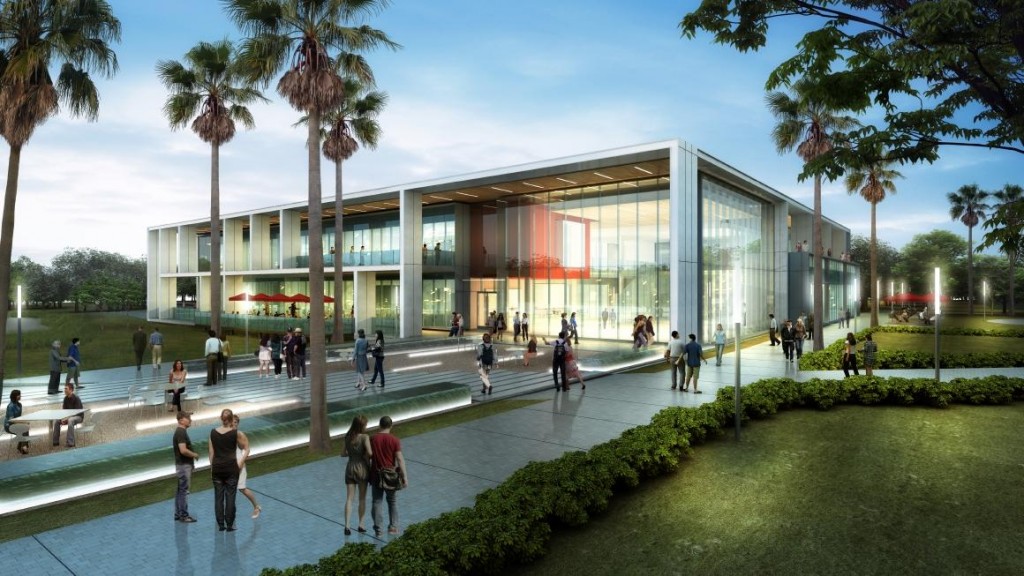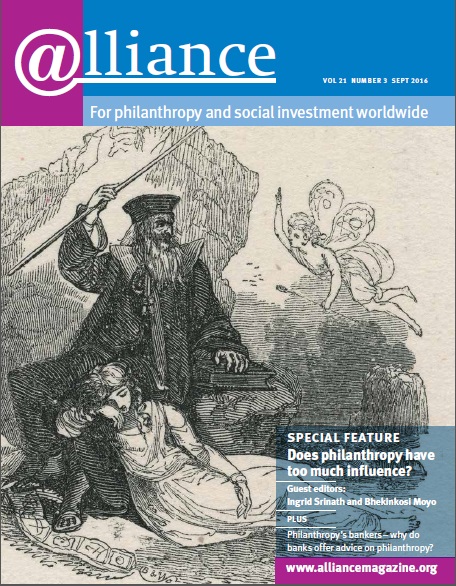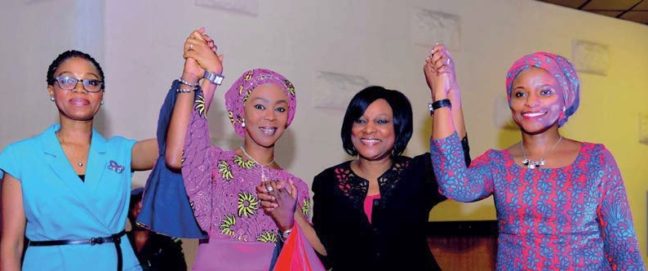There is a growing recognition of the role that philanthropy can play in Africa’s quest for equitable and democratic transformation. Until recently, philanthropy (and, more broadly, aid) has mostly been viewed as a form of support given from outside the continent. Indeed, the story of Africa’s liberation and even early post-independence development initiatives would have been very different if it were not for the investments made by a number of philanthropic foundations based outside the continent. However, there is a new excitement in the continent around the possibilities of home-grown philanthropy. Many important strategy documents have been developed about the key role for philanthropy: at a continental level, the African Union’s Agenda 2063; at a regional level, the SADC Industrialization Strategy and Roadmap 2015–2063; and at a national level, strategies such as those in Rwanda.
Since the turn of the century the continent has seen a growth in the number of wealthy individuals (those with an annual income of more than $150,000 or with investible assets of more than $500,000). According to a 2013 report by UBS and TrustAfrica[1], there are approximately 130,000 millionaires across the continent, and more foundations have been established in this period than at any other moment in the history of Africa. Africa’s richest man is estimated to be worth $21.6 billion. Africa’s high net worth individuals (HNWIs) have been making significant philanthropic investments in health, education, entrepreneurial development and infrastructure improvements, in the process helping to counter the begging-bowl narrative that has so strongly defined African development discourse over the decades.
Caution: African philanthropy not a silver bullet
There are several reasons, however, why this optimism and excitement might be misplaced. First, the projections discussed above tell only half the story. Recent economic performance has not generated enough economic diversification, job growth or social development to create wealth and lift millions of Africans out of poverty. The impact of commodity-driven growth on employment and social development has been limited, maybe because there has been so little integration between downstream and upstream industries that can add value to the primary goods currently driving the boom. Africa’s economic boom has yielded highly unequal societies, characterized by a minority of elites at the top of the pyramid and a growing bottom of the pyramid. This has led some organizations (such as COSATU) to argue that the much-lauded economic development could lead to what they call ‘jobless growth’.
‘Africa’s economic boom has yielded highly unequal societies, characterized by a minority of elites at the top of the pyramid and a growing bottom of the pyramid. This has led some organizations (such as COSATU) to argue that the much-lauded economic development could lead to what they call ‘jobless growth’.’
Second, the Africa Rising narrative – with its assumptions about the growth of the middle class, especially HNWIs – may relate to an ephemeral moment rather than a process of sustained growth. The president of the Ford Foundation rightly observed that the roots of most US foundations are in a well-functioning market economy. Africa is going through various, and at times incoherent, forms of economic liberalization that have mostly not prioritized the development of a national business/entrepreneurial class. Instead, they have focused on opening their economies up for foreign direct investment, which is usually driven by multinationals whose contribution to philanthropy on the continent is muted. As a consequence, Africa has not seen the same emergence of a broader entrepreneurial class as Malaysia, South Korea and, to a certain extent, China. Despite its high levels of growth as a region, the continent has only a sprinkling of dollar billionaires.

The University of Lynn in Florida, to which Nigerian billionaire Mohammed Indimi is alleged to have donated $14 million.
‘Although the importance of philanthropy is recognized, very few national governments have taken steps to create an enabling environment in which tax incentives are provided, registration requirements eased and a broader policy framework developed to support the emergence of the philanthropy sector.’
Third, although the importance of philanthropy is recognized, very few national governments have taken steps to create an enabling environment in which tax incentives are provided, registration requirements eased and a broader policy framework developed to support the emergence of the philanthropy sector. A study carried out by the Southern Africa Trust in seven Southern African countries found that, except for South Africa, there was no tax incentive for giving, nor legislation for the establishment of incentives (except in Mauritius), but there were legal restrictions on the board participation of non-nationals.
Fourth, there continue to be limited platforms for creating a community of practice among foundations established by HNWIs. Conversations on how to give, where to give and who to work with either do not take place or are very limited. Giving by Africa’s HNWIs remains largely untracked, but anecdotal evidence points to a worrying trend of Africans giving to universities in the global north. A story trending on social media claimed that a Nigerian billionaire had donated $14 million to the University of Lynn in Florida.[2] (In fact, the practice of Africans donating to US- and UK-based universities is quite common. Some have established funds to support Africans to study in the US; others have sponsored buildings; others have contributed by way of endowments to universities.)
TrustAfrica has in the last 10 years focused on promoting African philanthropy. Our energies have been devoted to affirming the historical and culturally embedded forms of giving popular across Africa, and producing a volume of essays, book chapters, journal papers and conference presentations. Working together with others such as Southern Africa Trust, Kenya Community Development Foundation and African Women’s Development Fund, we helped to establish the African Philanthropy Network (formerly the African Grantmakers Network) and participated in many forums focused on advancing the practice of African philanthropy. What we see as common practice among Africa’s HNWIs does not dishearten us. Rather, we celebrate the fact that they are giving and hope that through common platforms such as the African Philanthropy Network and the African Philanthropy Forum we will be able to sharpen their agendas and reorient their focus towards Africa. During the height of the Ebola crisis, in a highly successful collaboration, the African Union Commission invited Africa’s HNWIs to contribute to Africa’s response to the pandemic. Through that collaboration we learned many important lessons about mobilizing African resources.
‘These foundations have yet to provide support to the ecosystem relying on grants in a way that allows the contribution from the global north to be reduced. It is ironic that even an entity like TrustAfrica, established to cultivate the practice of African philanthropy and agency, still finds itself dependent on northern-based donors.’
Conclusion
The discussion above provides a summary of why we remain cautious about the excitement surrounding African philanthropy. We have yet to see foundations established by HNWIs being run independently, or HNWIs setting up an endowment in perpetuity, as their northern counterparts do. Furthermore, these foundations have yet to provide support to the ecosystem relying on grants in a way that allows the contribution from the global north to be reduced. It is ironic that even an entity like TrustAfrica, established to cultivate the practice of African philanthropy and agency, still finds itself dependent on northern-based donors.
So African philanthropy is not yet a silver bullet for all Africa’s ills but, if it works in combination with others, it can play an important role in catalysing the democratic transformation of the continent. We do not foresee a period when African philanthropy will totally replace global philanthropy, but instead we seek to continuously find innovations which will ensure that both can coexist and create synergies where these are needed.
Tendai Murisa is chief executive officer of TrustAfrica. Email murisa@trustafrica.org
Footnotes
- ^ UBS and TrustAfrica (2014) Africa’s Wealthy Give Back: A perspective on philanthropic giving by wealthy Africans in sub-Saharan Africa, with a focus on Kenya, Nigeria and South Africa.
- ^ The full story is captured in many Nigerian newspapers. See also Nigeria University Scholarships: http://tinyurl.com/UniLynn







Comments (0)